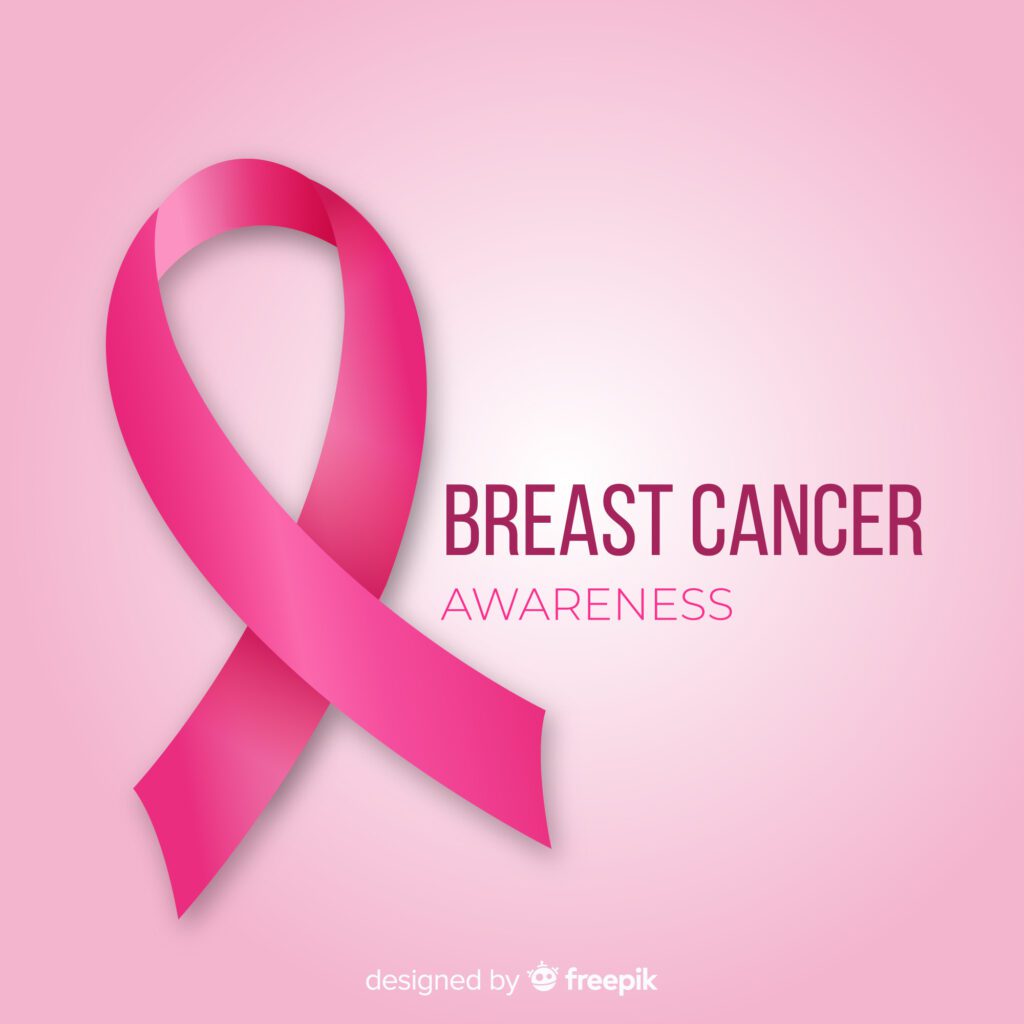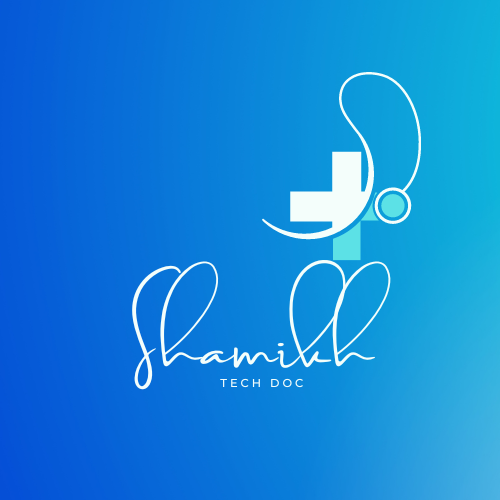
What is Breast Cancer Awareness?
Let’s break it down: breast cancer awareness isn’t just about slapping pink on everything from yogurt cups to football players. It’s about saving lives, starting conversations, and showing support for those fighting the battle.
Awareness means more people learn the signs, get screened early, and maybe—just maybe—turn awkward breast talk into life-saving action. It’s all about empowering you (yes, you!) to take charge of your health or support someone who’s navigating the journey.
Why Everyone’s Wearing Pink?
October turns into a pink-tastic parade every year, and while the color might be cute, the cause is mighty.
Pink ribbons stand for strength, remembrance, and hope. They say, “We see you. We support you.” Bonus? You don’t have to match your outfit perfectly—just wear pink and you’re instantly part of a global mission. Fashion + compassion = fabulous.
Signs and Symptoms of Breast Cancer
Let’s be real. Our bodies are full of lumps, bumps, and weird surprises. But when it comes to breast health, knowing what’s normal (and what’s not) can save your life.
Look out for:
- A lump or thickening in the breast or underarm
- Changes in size or shape
- Dimpling or puckering of the skin (if your breast looks like an orange, call your doc)
- Nipple discharge (especially if it’s bloody)
- Redness, itching, or pain that doesn’t go away
If you notice anything odd, don’t panic—just get it checked. Better safe than googling symptoms at 2 AM, right?
The Mammogram: Slightly Uncomfortable, Super Important
Let’s just say it: mammograms aren’t anyone’s favorite spa day. But they are absolutely essential.
Imagine a superhero sidekick that helps spot breast cancer early—before it causes serious trouble. That’s your mammogram. Yes, there’s squishing involved. No, it won’t turn your chest into pancakes permanently.
One awkward moment = peace of mind. Totally worth it.
Early Detection of Breast Cancer
When breast cancer is caught early, survival rates skyrocket. Like, “cape and tights” level superpower status.
Even tiny tumors can be zapped with the right treatment. So if you feel something weird? Say something. If your doctor says, “You’re due for a screening”? Go. Be the hero in your own story.
How to Support Someone With Breast Cancer
Do:
- Listen more than you talk.
- Offer specific help (like babysitting, meals, or meme deliveries).
- Say, “I’m here for you.”
Don’t:
- Say, “Everything happens for a reason.” (Just… no.)
- Offer miracle cures you found on the internet.
- Disappear when things get tough.
Being present > being perfect.
Self-Exams: Because You Know Your Body Best
Your hands can literally save your life. Self-exams help you get familiar with how your breasts normally feel, so you’ll notice if something changes.
Make it a monthly ritual—light some candles, play your favorite playlist, and check in with yourself. (And if you’re wondering—yes, it’s okay to make it funny. “Lefty feels lumpy today” is a valid observation.)
Breast Cancer in Men: Yes, It’s a Thing
Surprise! Men have breast tissue too, which means they can get breast cancer—though it’s much rarer. This often-overlooked fact means guys sometimes ignore symptoms until it’s too late. So, fellas, if you feel a lump, notice nipple changes, or something just seems off—don’t tough it out. Talk to a doctor.
No one’s going to take your man card for being proactive about your health. In fact, we’ll hand you a superhero badge.
Food, Fun, and Fighting Breast Cancer
No, you don’t have to switch to a diet of tree bark and quinoa dust to reduce your cancer risk. But it helps to:
- Eat more fruits and veggies
- Cut down on processed stuff
- Stay active
- Get enough sleep (and no, 4 hours doesn’t count)
Treat your body like it matters—because it totally does.
Hair loss during treatment
Hair loss during treatment? Tough stuff. But here’s the deal: your hair doesn’t define your beauty, strength, or humor. Some people go for colorful wigs (think rainbow unicorn), others go bald and bold with blinged-out scarves or nothing at all.
Either way, own your look. Laugh at the awkward stubble stage. Post selfies. You’re still YOU—and that’s more than enough.
Laughter Is Medicine (Science Says So!)
You know what helps when things get heavy? A good laugh.
Laughter lowers stress, boosts your immune system, and releases endorphins. So go ahead:
- Watch dumb cat videos
- Swap ridiculous cancer memes
- Laugh with (not at) your loved one
It won’t cure cancer, but it sure helps make the journey a little lighter.
Life After Breast Cancer
Surviving cancer changes you—and not just your hairstyle. Many survivors say they come out stronger, more focused, and ready to live bigger.
Of course, healing takes time (physically and emotionally). There might be scars, fatigue, or “scanxiety,” but there’s also joy, purpose, and fresh starts.
You’ve got this. And if you’re supporting a survivor, remind them of their strength—even when they don’t feel it.
How to Get Involved Without Running a Marathon (Unless You Want To)
Not everyone wants to run a 5K (we see you, couch potatoes). Good news? You can still make a difference:
- Share awareness posts on social media
- Volunteer at local cancer centers
- Host a pink-themed party or fundraiser
- Support breast cancer charities with a monthly donation
Big or small, your effort matters.
The Role of Family and Friends in the Fight
Behind every fighter is a squad—friends, family, coworkers—cheering them on. You don’t need to be a doctor to help. Just be there:
- Bring snacks to chemo
- Send silly texts during tough days
- Celebrate tiny wins (like putting on real pants!)
Love, laughter, and loyalty make a huge difference.
Resources You Should Bookmark Right Now
Here are some reliable places for breast cancer info and support:
| Resource | Purpose |
|---|---|
| BreastCancer.org | Education and community forums |
| American Cancer Society | Treatments, research, support services |
| Susan G. Komen | Fundraisers, grants, and awareness |
| Local hospitals & clinics | Mammograms and screenings |
Don’t Google symptoms at random—trust legit sources.
FAQs About Breast Cancer Awareness
Q1: At what age should I start getting mammograms?
A: Most women should begin at 40, but earlier if you have a family history. Ask your doctor what’s best for you.
Q2: Can young women get breast cancer?
A: Yes. It’s less common but does happen. Always report any changes to your doctor, no matter your age.
Q3: Is breast cancer only genetic?
A: Nope. Genetics play a role, but lifestyle, environment, and plain old bad luck can also factor in.
Q4: Does diet affect breast cancer risk?
A: A healthy diet can lower your risk. Think more plants, less junk. (Don’t worry—you can still eat chocolate.)
Q5: What should I say to someone who’s just been diagnosed?
A: “I’m here for you” goes a long way. Skip the clichés. Listen, support, and show up.
Q6: How can men check themselves?
A: Just like women! Look for lumps, changes, or anything unusual. And don’t be shy—ask your doc if unsure.
Conclusion
Breast cancer awareness isn’t about fear—it’s about hope. It’s about turning awkward conversations into life-saving action. It’s about honoring the fighters, the survivors, and the angels we’ve lost.
So wear that pink shirt. Share that silly meme. Check your chest. Hug your people.
And remember: being informed is powerful, and facing it with humor? That’s downright heroic.
